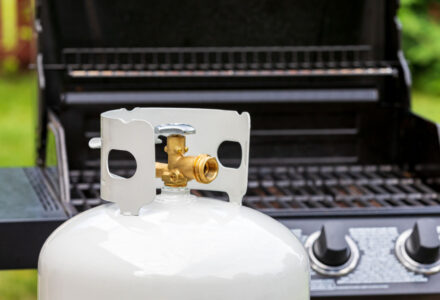This content has been archived. It may no longer be relevant
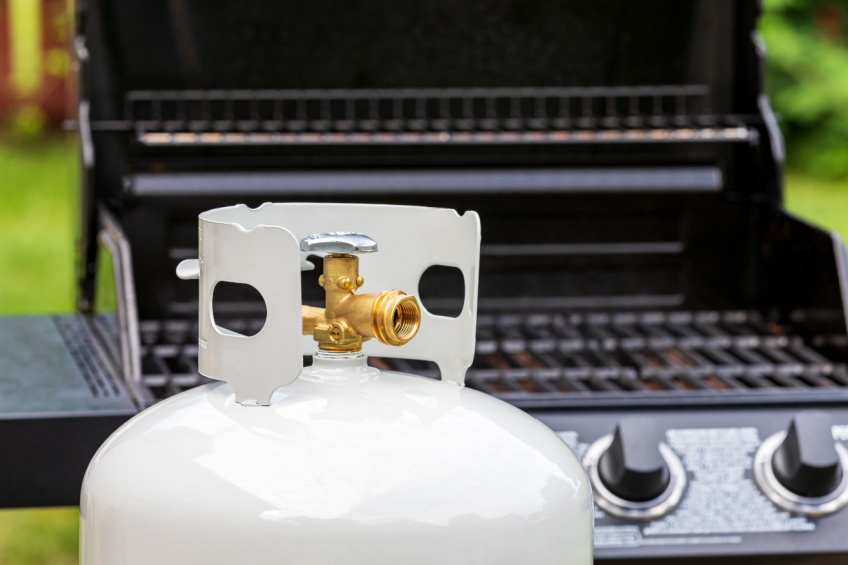
When it comes to gas grills fuel sources, there are two main options – propane or natural gas, but an ongoing debate is what burns hotter propane or natural gas.
Propane has been used for gas grills for decades, being the go-choice for anyone seeking adjustable cooking temperatures with high heat.
However, natural gas has become an increasingly popular alternative to propane in recent years.
Affordable and better for the environment, natural gas burns much cleaner than propane, so its popularity is likely to continue.
This has also led to a heated debate amongst grilling enthusiasts about what gas option is better – propane or natural gas.
One of the main points within this debate is which gas burns hotter, with the searing high heat of a gas grill being an important factor for many.
What Burns Hotter – Propane or Natural Gas?
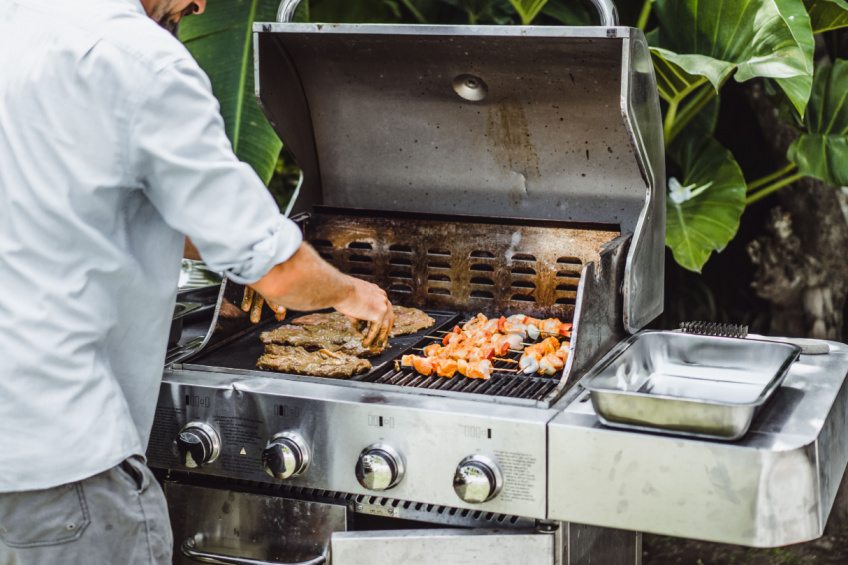
Propane generally burns hotter than natural gas.
The reason for this is that propane has a higher energy content per unit volume than natural gas.
Propane contains more carbon and hydrogen atoms per molecule than natural gas, which means that it has a higher calorific value.
This higher energy content means that when propane is burned, it produces more heat than natural gas.
Another factor that contributes to propane burning hotter than natural gas is the combustion process.
Propane requires more oxygen to burn than natural gas, which means that it burns more completely.
This complete combustion results in a hotter flame and more heat.
However, it’s important to note that the actual temperature of the flame depends on several factors, including the type of burner being used and the amount of fuel being burned.
So while propane generally burns hotter than natural gas, there may be situations where natural gas burns hotter than propane.
But does this difference in heat make much of a difference when it comes to grilling?
Why Burning Hotter May Not Matter
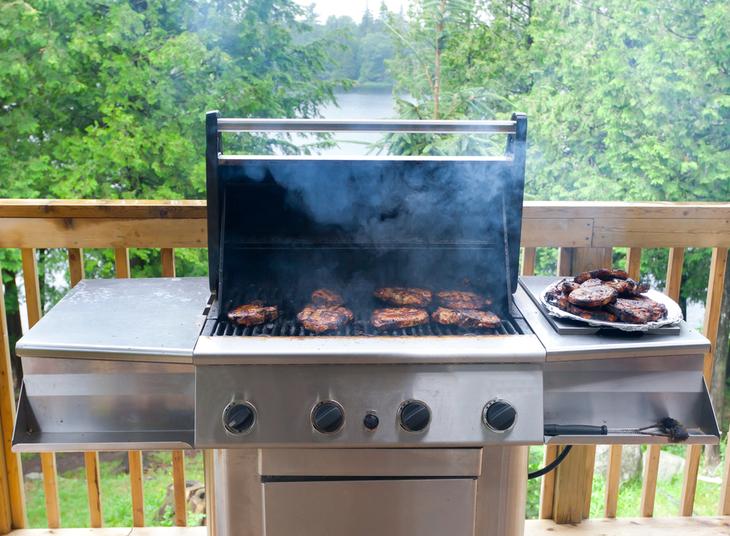
While propane burns hotter than natural gas, there are situations where burning hotter may not necessarily matter.
One reason is that burning hotter doesn’t necessarily mean that a fuel is better for a particular application.
For example, if you’re using natural gas to heat your home, it may be more efficient to use a lower temperature flame that can be sustained over a longer period of time, rather than a very hot flame that burns out quickly.
In this case, natural gas may be the better choice even though it doesn’t burn as hot as propane.
Another consideration is safety.
Propane has a higher vapor pressure than natural gas, which means that it is more likely to leak and create a fire hazard.
This is why propane is typically stored in pressurized tanks that are designed to safely contain the fuel.
Natural gas, on the other hand, is typically delivered to homes through underground pipes and doesn’t require the same level of storage safety measures.
Additionally, the availability and cost of each fuel may be a factor.
While propane burns hotter than natural gas, it may not be readily available in some areas or may be more expensive than natural gas.
In these cases, natural gas may be the more practical choice.
In summary, while propane may burn hotter than natural gas, other factors such as efficiency, safety, availability, and cost may also play a role in determining the best fuel for a particular application.
Bottom Line – Propane or Natural Gas?
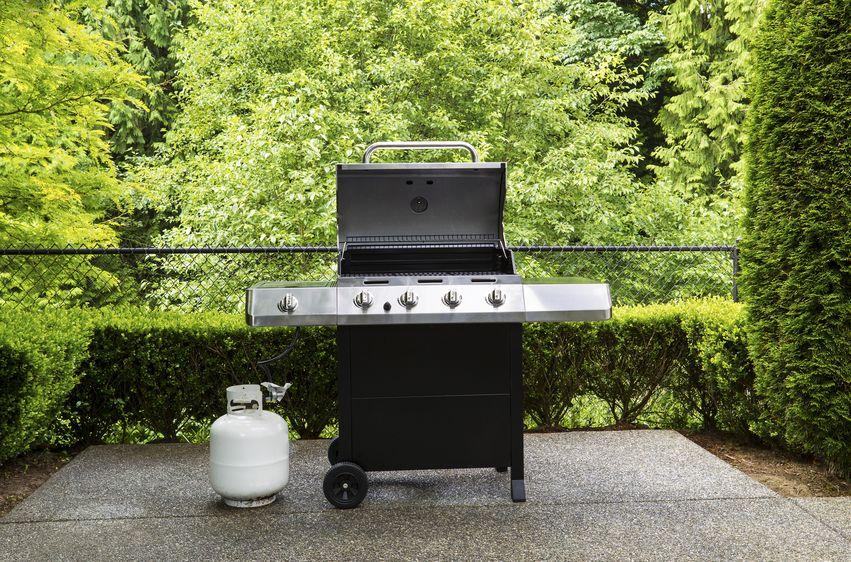
If achieving the highest temperature possible is the top priority for your gas grill, then propane is the preferable gas to use since it burns hotter than natural gas.
However, the lower burning temperature of natural gas can be compensated by using more gas.
As a result, both propane and natural gas grills can typically reach similar temperatures.
While temperature is an important factor to consider, there are other factors that may be equally important in deciding between propane and natural gas for your grill.
For instance, cost, convenience, and portability may also play a role in determining which gas to use.
Therefore, it’s important to weigh the benefits and drawbacks of each gas before making a decision, and consider your specific needs and circumstances.

